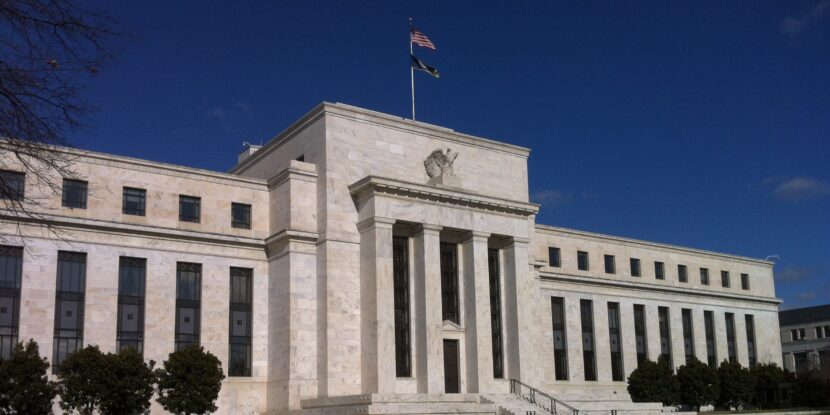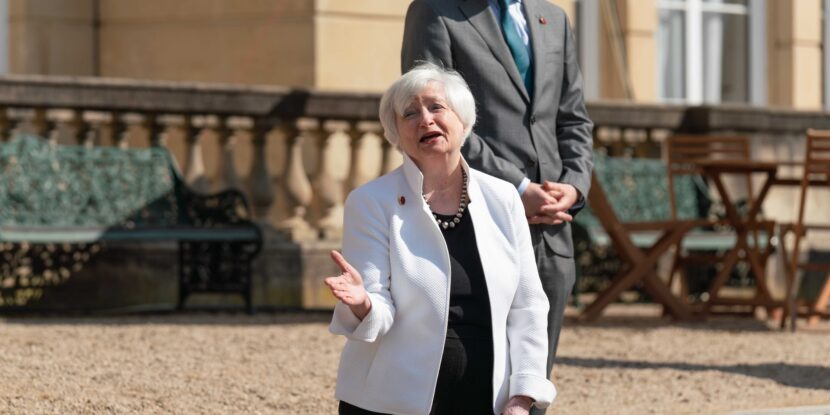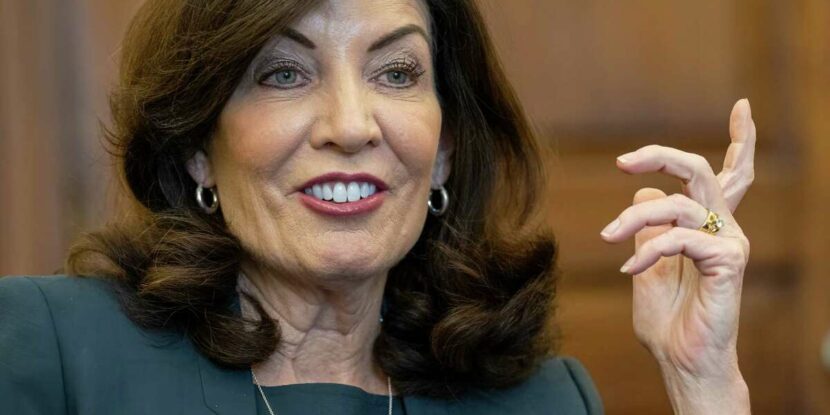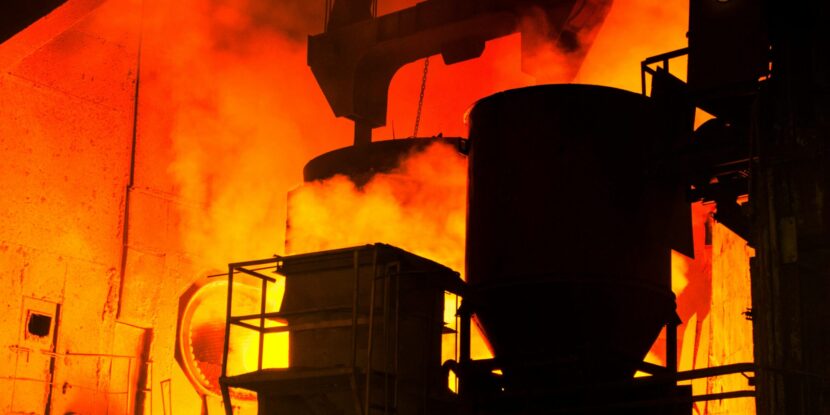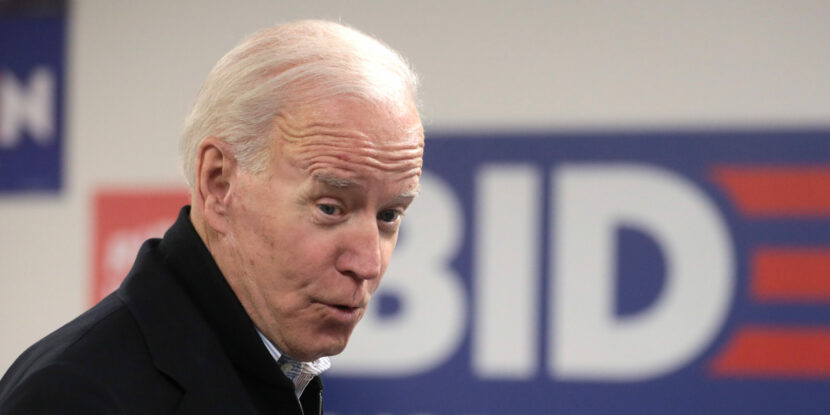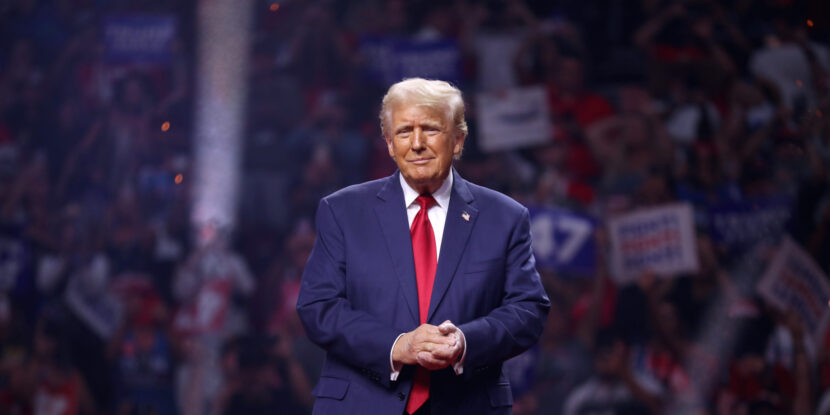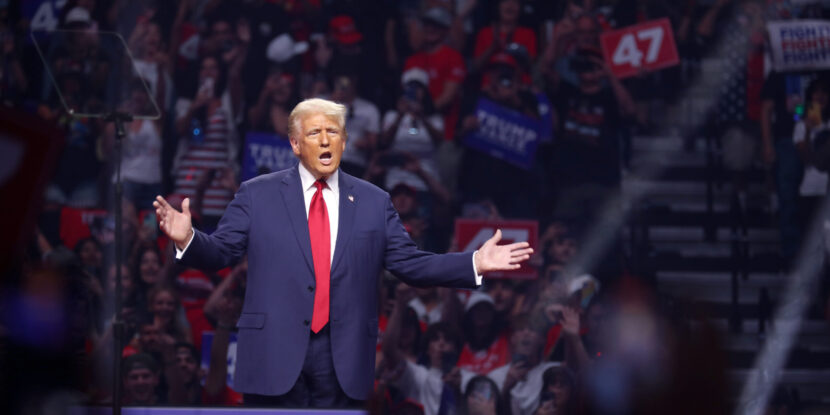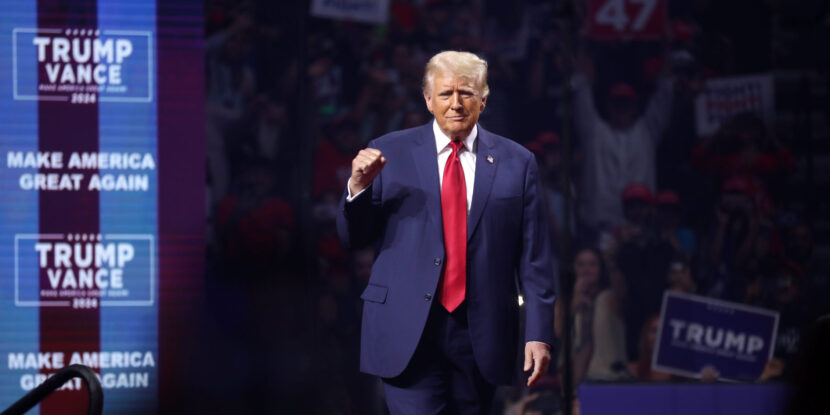According to the federal government’s Bureau of Labor Statistics, the Consumer Price Index (CPI) recorded a 2.7 percent annual increase in November. The data suggests that inflation remains elevated above the Federal Reserve‘s two percent target and that the specter of high prices remains a problem for many Americans.
The CPI measures price changes in a set of goods and services commonly purchased by consumers. Since 2022, the Federal Reserve has been addressing elevated inflation by raising its benchmark interest rate, aiming to curb consumer and business consumption. This strategy has reduced the inflation rate from its June 2022 peak of 9.1 percent to its current level.
Lisa Sturtevant, chief economist at Bright MLS, pointed out that November marked the second consecutive month of year-over-year CPI increase, with prices rising 0.3 percent from October to November. Sturtevant observed that wages have been increasing faster than inflation since May 2023, which has sustained consumer spending levels despite persistent inflation.
However, she noted that many families, particularly those with moderate incomes, feel the effects of high consumer prices. Recent U.S. Census Bureau research indicates that inflation disproportionately affects these families compared to those with higher incomes.
Additionally, the rise in CPI has some market observers concerned that the U.S. may be seeing the beginnings of a reacceleration of inflation. This could lead the Federal Reserve to hold off on another interest rate cut at its upcoming meeting on December 18. After making its first rate cut in September in four years, followed by another in November, the Fed cited progress in inflation reduction and labor market softness.
show less